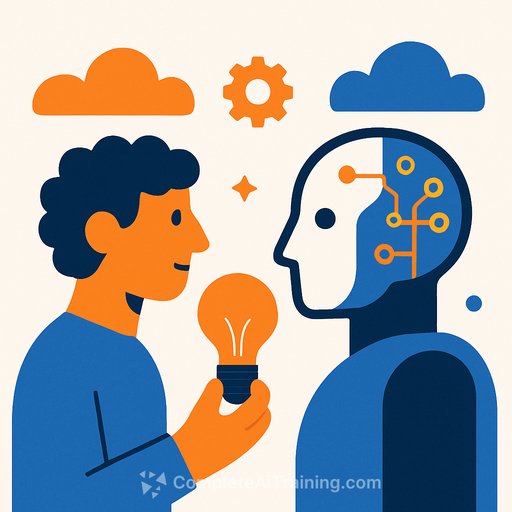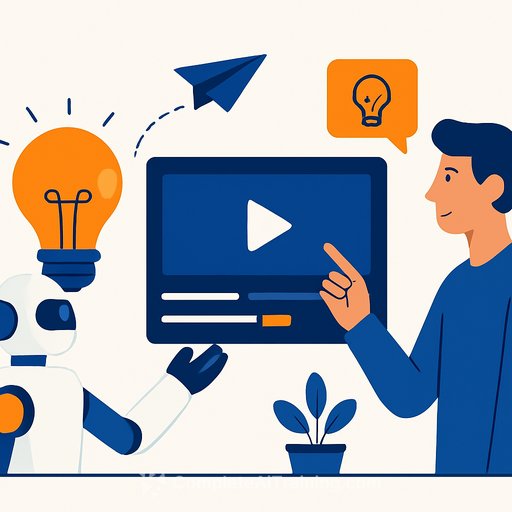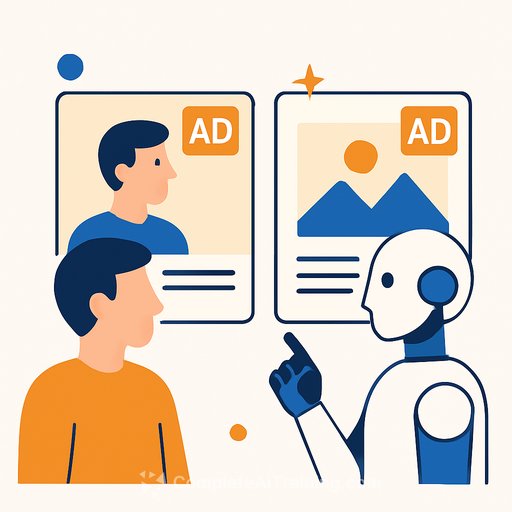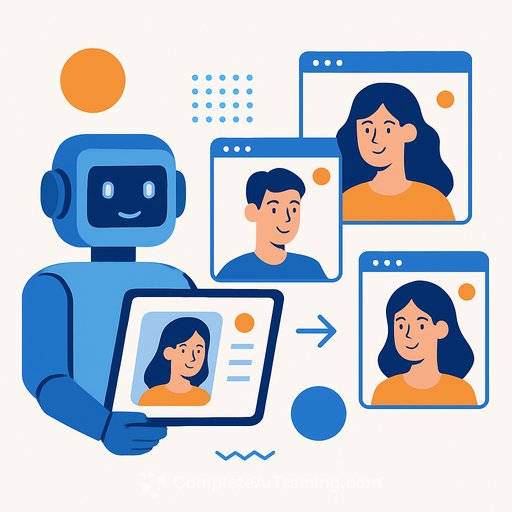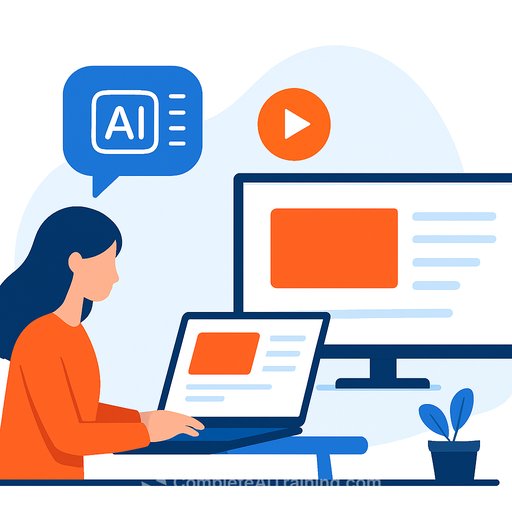For decades, creativity has been seen as something mysterious — born from struggle, late nights, and flashes of inspiration. But now, the blank page that once demanded deep mental digging often arrives pre-filled with AI-generated suggestions. What does this mean for creative work?
Today, 83% of creative professionals use generative AI daily. Early adopters report 72% of their teams hitting high productivity targets, compared to 55% among those still experimenting. Economists estimate AI-driven productivity gains could reach $4.4 trillion across industries. The real question isn't about good or bad—it’s about whether AI signals evolution, extinction, or a new phase in human creativity.
Is AI a threat to creativity?
Consider the backlash against the film "The Brutalist." Audiences didn’t reject it for technical flaws but for lacking emotional depth. The “uncanny valley” extends beyond visuals to feelings—we sense when something is performed, not genuinely felt. Nearly half of consumers refuse to watch films with AI-generated actors, and 75% believe technology can’t capture true human creativity.
AI processes patterns but lacks lived experience. It can analyze heartbreak without feeling it, map triumph without struggle. Its content may be flawless in grammar and structure but misses the emotional scars, joys, and unpredictable moments that give words meaning.
Creative decline
AI learns from existing data sets, remixing familiar themes. It’s great at variations but struggles with groundbreaking leaps. The real danger isn’t AI replacing creativity—it’s us relying on it so much that our creative muscles weaken. When stories feel algorithmically optimized, culture risks becoming flat.
Training your replacement
Every time creatives feed AI samples to “learn their voice” or let algorithms analyze design choices, they train machines to predict and replicate their work. The assistant can become the decision-maker, relegating humans to curators rather than creators.
Losing your instinct
Creatives need AI literacy not just to use tools but to protect their vision from being flattened. The designer who once trusted intuition may now lean on AI-generated palettes. Writers who struggled through tough passages might ask AI to smooth them out. Each AI interaction can dull original instincts.
How to integrate AI without losing human talent
Efficiency should not come at the cost of authentic expression. Human creativity is sacred—not outdated or inefficient, but essential.
Guard your creative friction
The struggle—false starts, dead ends, breakthroughs—is part of creation, not a problem to fix. Let AI handle repetitive tasks, but keep the hard work of original thought human. At DramaShorts, AI suggests plot twists and analyzes story data, but humans decide character motivations and emotional truth.
Before asking AI for core ideas, pause and ask yourself: Is this where my creativity lives?
Become fluent in AI’s blind spots
Knowing what AI can’t do is more valuable than mastering what it can. AI aggregates existing patterns but fails at true novelty. It can’t feel personal experience or wrestle with contradictions that fuel great work. These are your human advantages—know them well.
Design resistance into your process
Create deliberate friction: write first drafts by hand, sketch before opening software, talk through ideas before consulting AI. These “inefficient” steps strengthen your creative muscles rather than weaken them.
Treat AI as a research assistant, not a creative partner
Use AI to gather and organize information, handle repetitive tasks. Keep creative decisions human. For example, DramaShorts uses AI to break down films quickly, but editors choose which emotional beats and cultural contexts to highlight.
Protect your creative imperfection
AI optimizes and predicts, but breakthrough creativity often arises from mistakes and unexpected connections. Leave room for serendipity—some of the best ideas come from detours AI wouldn’t suggest.
Where human talent ends and AI begins
AI won’t replace human creativity. But it can tempt us into valuing efficiency over authenticity—and that would be a real loss. Machines can generate content, but only humans choose what’s worth creating. Only humans bring emotional intelligence and authentic perspective to the process.
In a world shaped by algorithms, thinking for yourself remains the most radical act.
```Your membership also unlocks:

